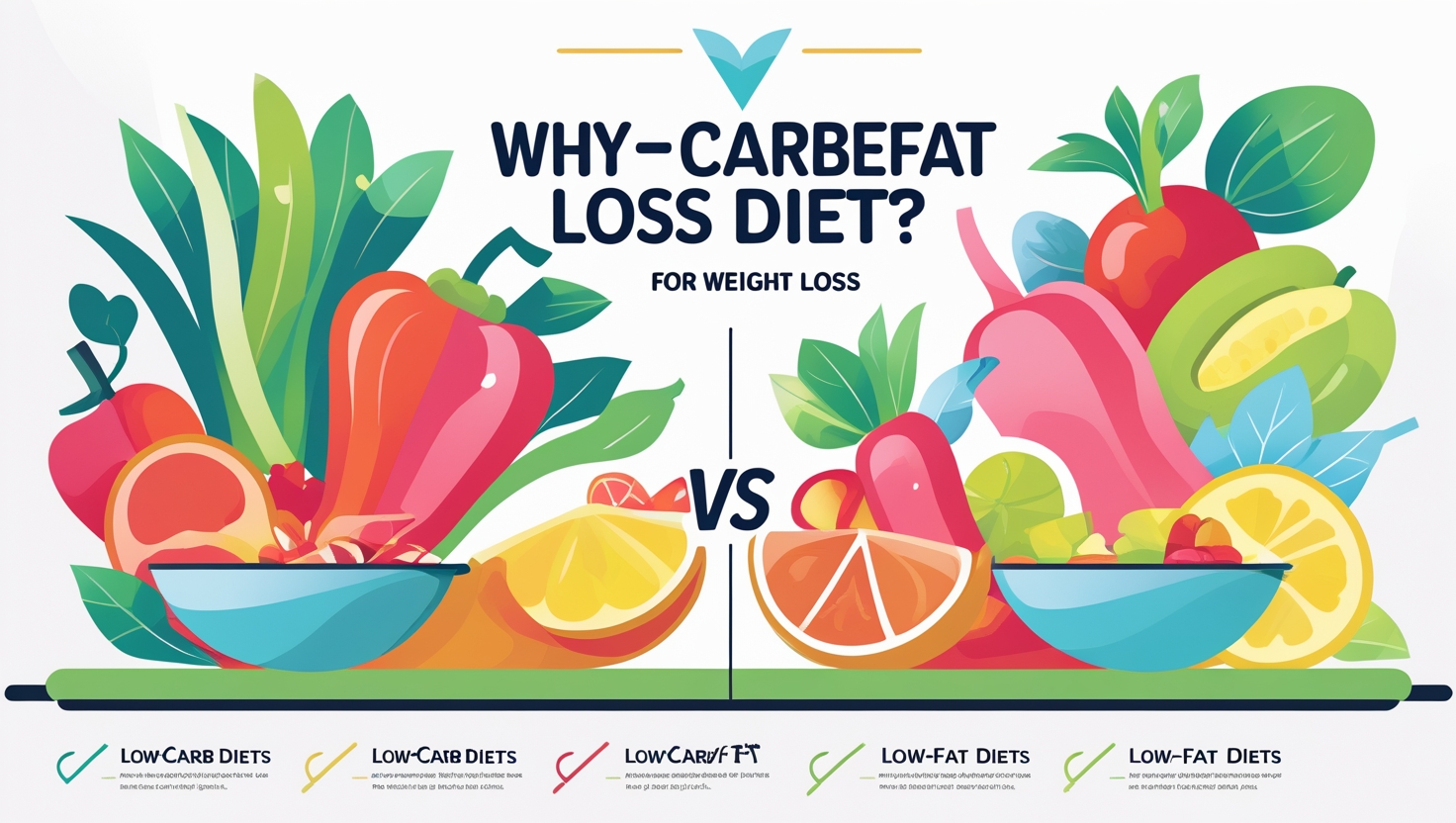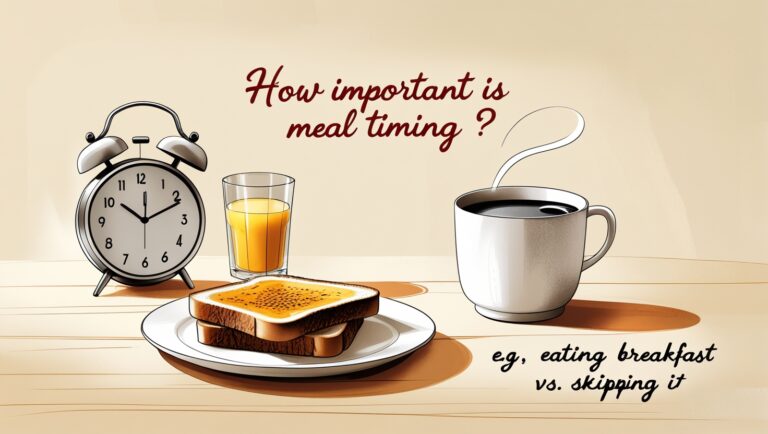The controversy about Weight Loss whether a low-carbohydrate or low-fat diet is best for weight loss has been ongoing for decades. Both have their devoted followers—and a solid body of research—yet the “optimal” choice may ultimately depend on individual requirements, metabolic status, and lifestyle. In this article, we look at what each diet is like, examine the current evidence for their efficacy, and examine some of the main factors that affect long-term success.
Understanding the Diets
Low-Carbohydrate Diets
Low-carbohydrate diets limit the consumption of carbohydrates—usually to less than 130 grams daily—and commonly promote greater intakes of protein and fat. Subcategories are the ketogenic diet, which confines carbs even further (often less than 50 grams per day) to bring Weight Loss about a state of ketosis, and more moderate low-carb diets that still include fruits, vegetables, and whole grains. Proponents argue that these diets help control blood sugar, reduce insulin levels, and promote satiety, leading to fewer overall calories consumed.
Low-Fat Diets
Low-fat diets focus on lowering the overall percentage of fat calories—particularly saturated fat—often substituting with foods high in carbohydrates, including whole grains, fruits, and vegetables, and lean protein sources. Since fat contains nine calories per gram (as opposed to four calories per gram of carbohydrate or protein), reducing fat will automatically decrease calorie consumption. Lower fat intake, proponents claim, can help improve cholesterol and heart health.
What Does the Research Say?
Weight Loss Outcomes
Most studies converge on one overarching fact: caloric deficit Weight Loss is the secret to weight loss. When total calories are managed, low-carb and low-fat diets have proven to be equally effective for weight loss.

Short-Term Differences:
A few controlled trials have determined that low-carb diets result in a bit more weight loss in the short run. In one experiment at the National Institutes of Health (NIH), a low-fat, vegetable-based diet was compared with an animal-based low-carb diet, and researchers found that the people on the low-fat diet ate 550–700 fewer calories daily and lost plenty of body fat—even though both groups Weight Loss
Long-Term View:
In the long run, however, the distinctions between the two diets Weight Loss significance. Quality reviews and meta-analyses indicate that when calories are equal, the macronutrient ratio itself does not provide a long-term “metabolic advantage” for weight loss [HEALTHLINE.COM]. The Endocrine Society has said that with ongoing calorie consumption, changes in the proportion of fat to carbohydrate do not greatly change body-fat gain.
Effects on Metabolic Health
Blood Sugar and Insulin:
Low-carb diets are specifically known for stabilizing blood sugar and reducing insulin levels, which can be helpful for people with type 2 diabetes. Low-fat diets, on the other hand, can result in increased post-meal insulin response in certain cases.
Cholesterol and Cardiovascular Risk:
Low-fat eating plans tend to be effective at reducing total and LDL (“bad”) cholesterol by decreasing saturated fat consumption. Low-carbohydrate diets, conversely, will enhance HDL (“good”) cholesterol and decrease triglyceride levels; they can, in some people, however, increase LDL cholesterol [HEALTH.USNEWS.COM].
Beyond the Scale: Adherence and Individual Differences
Research repeatedly indicates that compliance is the Weight Loss single most important factor in achieving long-term success. A plan for eating that is designed around your taste buds, way of life, and health objectives will be more likely to stick over the long term. While some individuals do well on a low-carb diet, with fewer pangs of hunger and more consistent energy levels, others will find the limits too confining and like the freedom of a low-fat approach.
Individual Factors Matter:
Genetics & Metabolism: Insulin sensitivity, genetic predispositions, and even hormonal distinctions (such as gender-related metabolic responses) influence the way your body will respond to various diets.
Personal Preferences: Food pleasure and culture are also essential drivers for compliance. A diet cannot be effective if it’s all about constant deprivation.
Ultimately, most of these experts will say there’s no single-size solution. Good for one won’t be so for another. Individualization—and, hopefully in tandem with a medical provider or registered dietitian—is the essence of making an optimal, ongoing, healthy diet.
The Bottom Line
Low-carb and low-fat diets both work for Weight Loss if they create a caloric deficit. Short-term trials sometimes prefer low-carb diets for their impact on satiety and blood sugar control, whereas low-fat diets have been found to cut calorie intake by restricting fat’s high energy density. Ultimately, the success of any diet depends on long-term compliance and its capacity to maintain overall health.
Instead of deciding on one “magic” diet over another, you might most successfully approach diet by focusing on designing a well-rounded, nutrient-dense meal plan suited to your specific requirements and way of living. Prioritize whole foods, keep added ingredients in moderation, and stay attuned to caloric levels, Weight Loss and you can select the path that serves you best—and stick to it for the long term.




